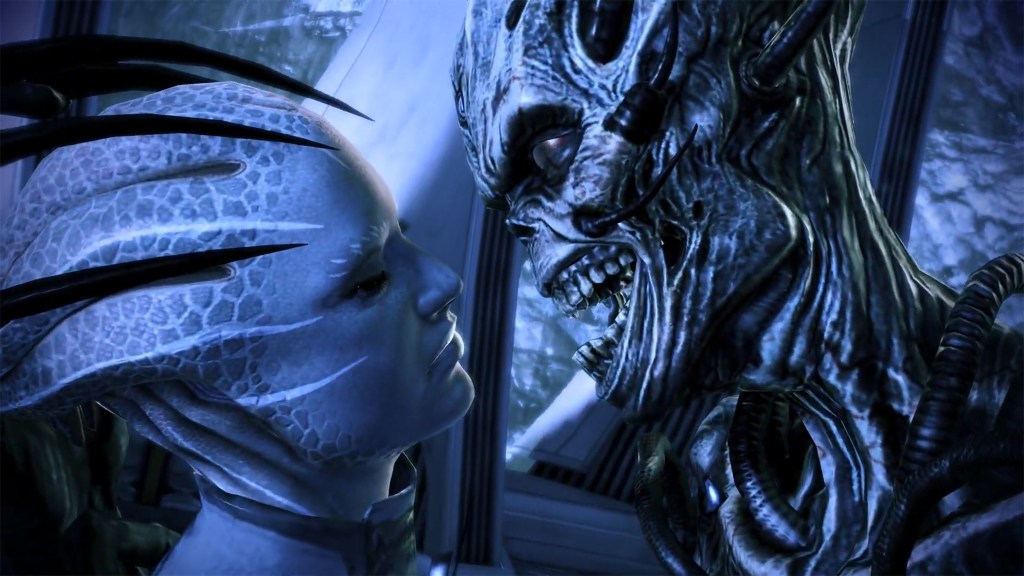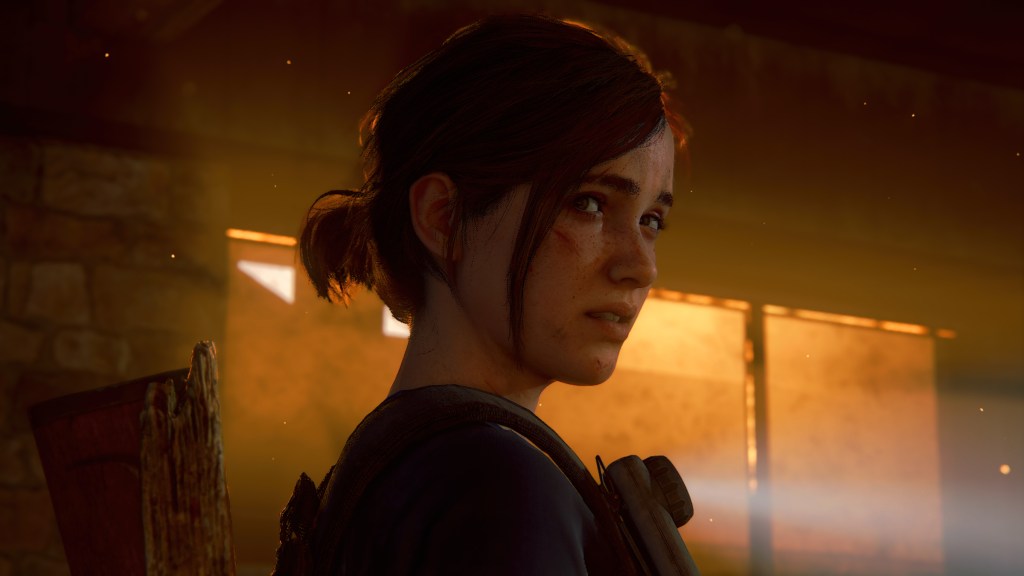Stories in video games matter more than we sometimes give them credit for. They provide context for our actions, often shaping our connections to characters and giving weight to the countless hours we spend exploring strange worlds and fighting impossible odds. A well-articulated ending can sometimes transform a great game into something utterly timeless. When a story sticks the landing, players walk away feeling like their time meant something, and its value skyrockets. It’s why video games like Knights of the Old Republic or Final Fantasy 7 still resonate with their player bases, over 20 years later.
Videos by ComicBook.com
But when a game fumbles its ending, that sense of meaning can collapse in an instant. A narrative cataclysm washes away all that mattered before it. All the careful build-up and the resulting emotional investment can feel like they were for naught, which can often lead to being jaded by the series. Few things sting more than seeing a beloved franchise fall flat right at the finish line. With that in mind, here are three controversial video game endings that almost ruined everything.
3. Mass Effect 3

For many players, Mass Effect 3 is the bona fide example of an ending gone terribly wrong. BioWare spent years building a galaxy-spanning trilogy where every choice felt like it mattered. We recruited allies, forged uneasy alliances, and even decided the fate of entire species. Genophage anyone? The promise was that these decisions would all converge in the final moments, giving us a deeply personal conclusion to Commander Shepard’s journey.
Instead, what we got was a last-minute cosmic color swap. Whether you chose red, green, or blue, the final cutscenes boiled the galaxy’s fate down to a vague montage with little clarity and almost no acknowledgment of your earlier decisions. Fans who had spent hours debating morality and the relations spawned or destroyed by the consequences of choice suddenly felt like passengers on a ride they thought they were steering. Turns out, they weren’t, which stung more than usual, considering Mass Effect 3 came from one of the most choice-focused video game developers of all time: BioWare.
The disappointment and following backlash were so impactful that BioWare eventually released a so-called “Extended Cut” patch to clarify and attempt to justify the direction the ending took the game. While it sort of helped, the wound had already festered so much that a scar was left, and it never really faded. Mass Effect 3’s ending remains a case study in how not to close out a beloved trilogy. It did not erase the brilliance of the earlier games, but it left a nasty mark on what could have been the perfect sci-fi saga.
2. Star Ocean: Till the End of Time

If Mass Effect 3 stumbled by not honoring player choice, Star Ocean: Till the End of Time swung for the fences with a twist that redefined the entire universe. This one is pretty infamous, and you likely already know about it, whether you think you do or not. The JRPG was filled with classic themes of space exploration and interpersonal drama, and for dozens of hours, players were wrapped in a tale that felt like it belonged alongside other ambitious RPGs of its era.
Then came the reveal. Everything, from the heroes to the galaxies themselves, was nothing more than a simulation. Yes, you read correctly. The infamous narrative trope of “it must have been a dream” was actually utilized in Star Ocean: Till the End of Time. If wielded carefully, the trope can be used to empower well-written story beats, but here it was used as a cheap solution to a problem the narrative spawned on its own. In the end, the world was literally a computer program, and the characters we had grown attached to were digital creations inside a giant MMO run by unseen programmers. What was meant to be a mind-bending twist instead came across as dismissive of the journey players had just taken.
Effectively, it reframed every heartfelt, powerful moment and every equally impactful conflict as ultimately meaningless. The stakes we thought were real suddenly vanished in an instant. For fans who had invested emotionally in the story, it was a devastating conclusion, and it ultimately still haunts the series to this day. The Star Ocean franchise has never quite escaped the shadow of this decision, with many still pointing to this ending as the moment the franchise lost its footing.
1. The Last of Us Part II

Unlike the other two entries on this list, The Last of Us Part II is not universally considered a narrative fumble. In fact, some argue its ending is even brilliant, even as the conclusion of an already highly controversial plot. But what cannot be denied is how polarizing it was, splitting the fanbase down the middle in a way that still sparks heated debates today.
The journey through Part II is intentionally brutal and extraordinarily violent, even by today’s contextual standards. Its intense plot was meant to showcase the cycle of violence and why putting an end to it is better than keeping it going for any reason. Honestly, a noble, humanizing sentiment. Ellie’s quest for revenge against Abby becomes the emotional core of the story, taking players on a path filled with violence and grief. By the end, when Ellie finally has Abby at her mercy, the decision to let her live feels like both a cathartic release and an act of futility. Ellie loses nearly everything in the process, including her ability to play Joel’s guitar, a symbol of their bond, and has nothing at all to show for her journey.
For some, this ending was a powerful statement about the cycle of violence and the cost of living just to seek revenge. For others, it felt like a betrayal of Ellie’s entire character arc and a total dismissal of the player’s emotional investment. The divisiveness was immense, with critics praising it as daring storytelling while a large portion of the player base walked away feeling angry or empty. What makes The Last of Us Part II’s ending so controversial is that it was not about sloppy execution or lazy design, but about a creative choice that many simply could not accept. Joel was built up as a beloved character in the first game, only to be violently taken away from the players early in the second game. As a result, The Last of Us Part II asked players to sit and stew in discomfort and unresolved grief. Brave. bold, but it is also risky, and for many fans, it pretty much overshadowed everything else the game did so well.
What do you think? Leave a comment below and join the conversation now in the ComicBook Forum!








